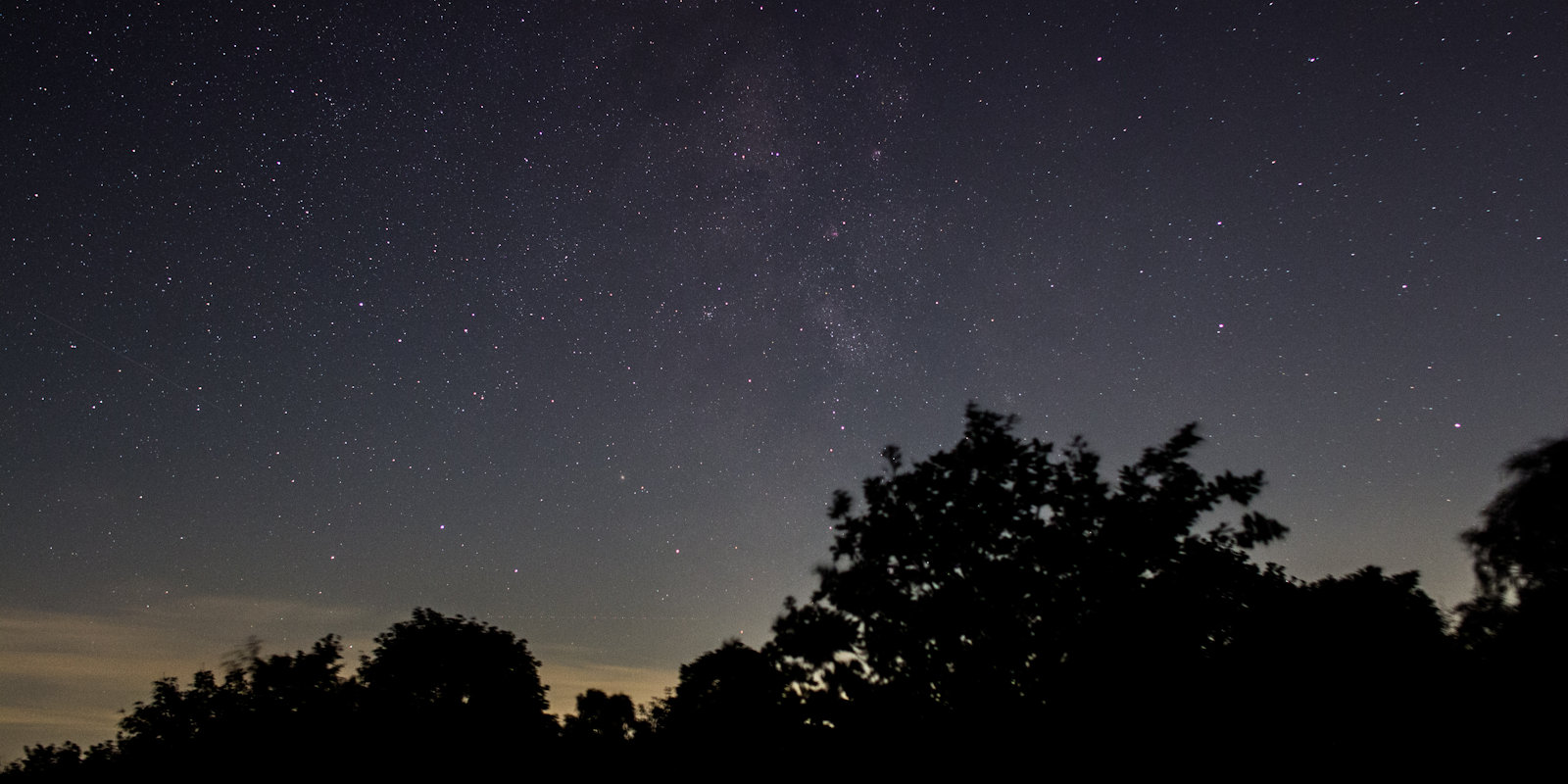
North Norfolk has some wonderful dark skies where you can enjoy the amazing night sky, seeing stars & planets that you can never see with the light pollution you find in most of the UK.
Deepdale is a great base when you want to see the night sky. You can lie on your back on the grass and stare at the heavens above. Of you can bring equipment, such as binoculars or telescopes to look deeper into the heavens.
Deepdale Visitor Information Centre has a great selection of maps, guides and other information.
Here are our top tips for star gazing and spotting the northern lights on the North Norfolk Coast.
Choose a Dark Spot - Find a location away from city lights for the best visibility. The North Norfolk coast offers some great dark sky areas.
Check the Moon Phase - A new moon provides the darkest skies. If it's close to a full moon, the moonlight might obscure fainter stars.
Let Your Eyes Adjust - Don't rush, take your time and wait 30 minutes for your eyes to adjust for the darkness. You'll be able see so much more with a little patience.
Bring Binoculars or a Telescope - They can enhance your view, especially for spotting celestial objects like the Orion Nebula or the Andromeda Galaxy.
Download a Stargazing App - Use apps like SkyView or Star Walk to help identify constellations, stars, and planets. They can also provide information about upcoming celestial events.
Watch for Meteor Showers - Check the schedule for meteor showers; the North Norfolk coast can be a great spot for catching shooting stars.
Dress Warmly - Coastal areas can get chilly at night, even in warmer seasons. Dress in layers to stay comfortable.
Avoid Light Pollution - Use a red flashlight instead of a white one to preserve your night vision, and minimize the use of electronic devices with bright screens.
Know the Constellations - Familiarize yourself with the major constellations visible in the night sky during your visit. It adds to the experience.
Respect the Environment - Leave no trace. Be mindful of the environment and follow any local regulations or guidelines.
Enjoy your stargazing adventure on the North Norfolk coast!
above Deepdale Camping & Rooms on the North Norfolk Coast
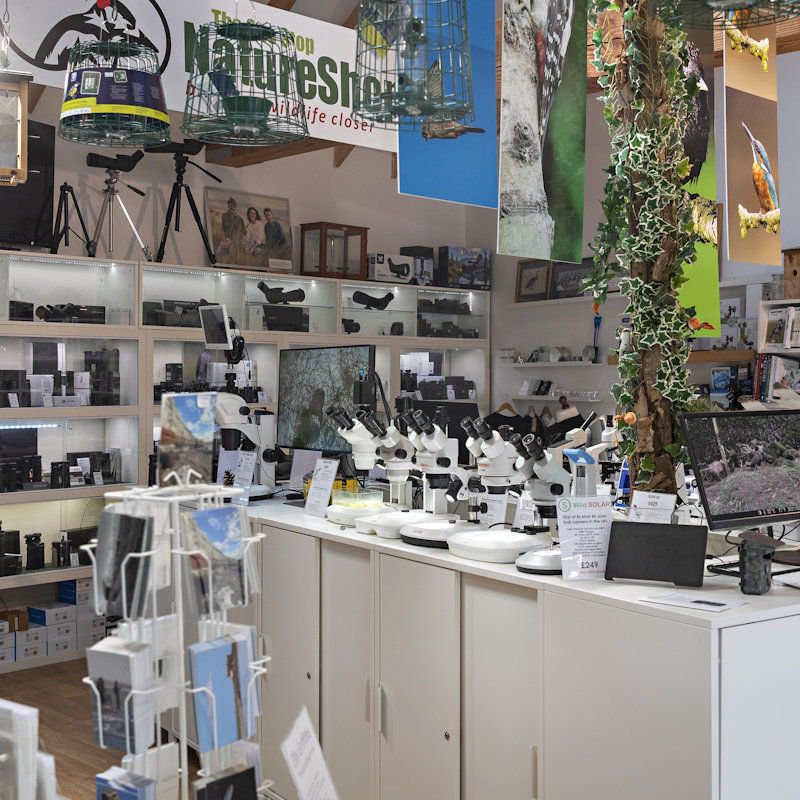
The friendly team in the shop have a range of equipment suitable for star gazing. Your choice of kit ultimately depends on what you are looking to achieve. A good quality pair of 10x50 or 12x50 binoculars are an excellent place to start for casual users who want great views of the moon or larger space objects like comets. For users who want to expand their viewing we would recommend a spotting scope like the ones they have at One Stop Nature Shop, one with as large an objective as possible to let in as much light as possible. This would allow you great views of the Moon, Venus, Mars, Jupiter and its moons, and Saturn with its rings.
Tel: 01485 211223
dalegatemarket.co.uk
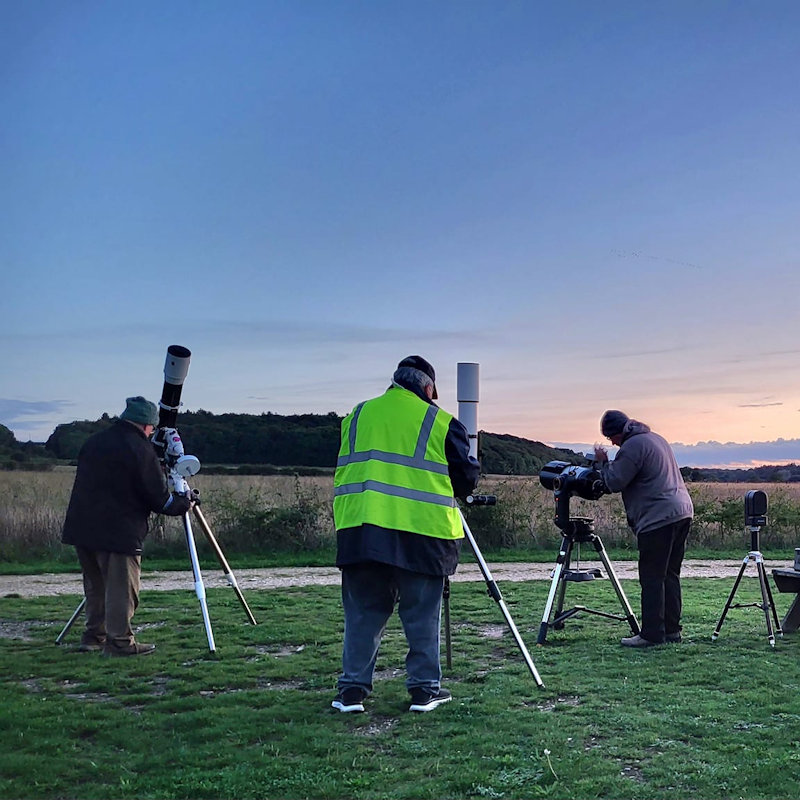
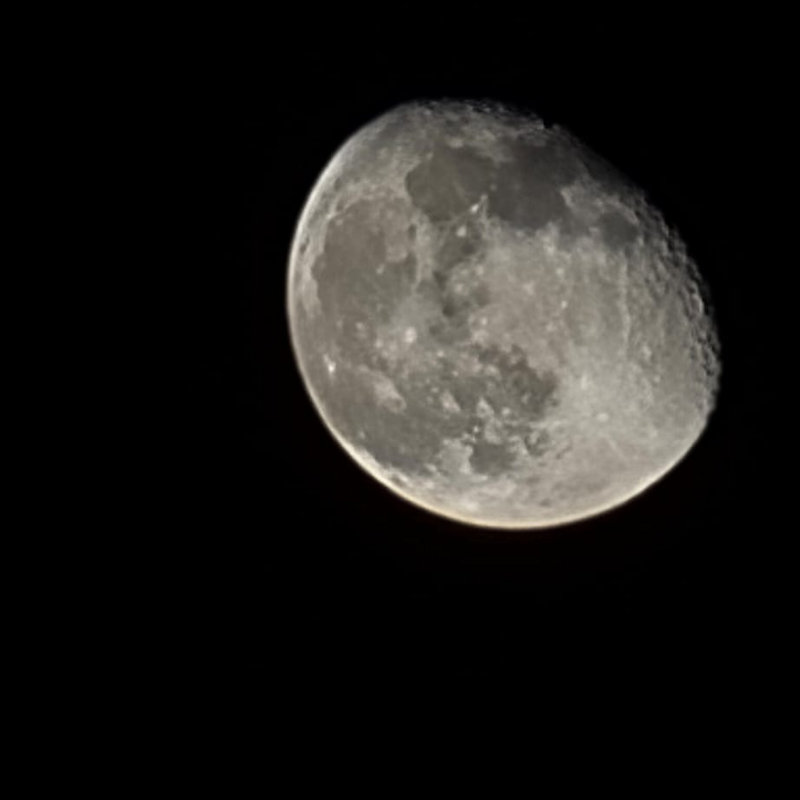
A membership group that meets regularly and organises events, talks & observations throughout the year. They have a selection of club equipment & telescopes.
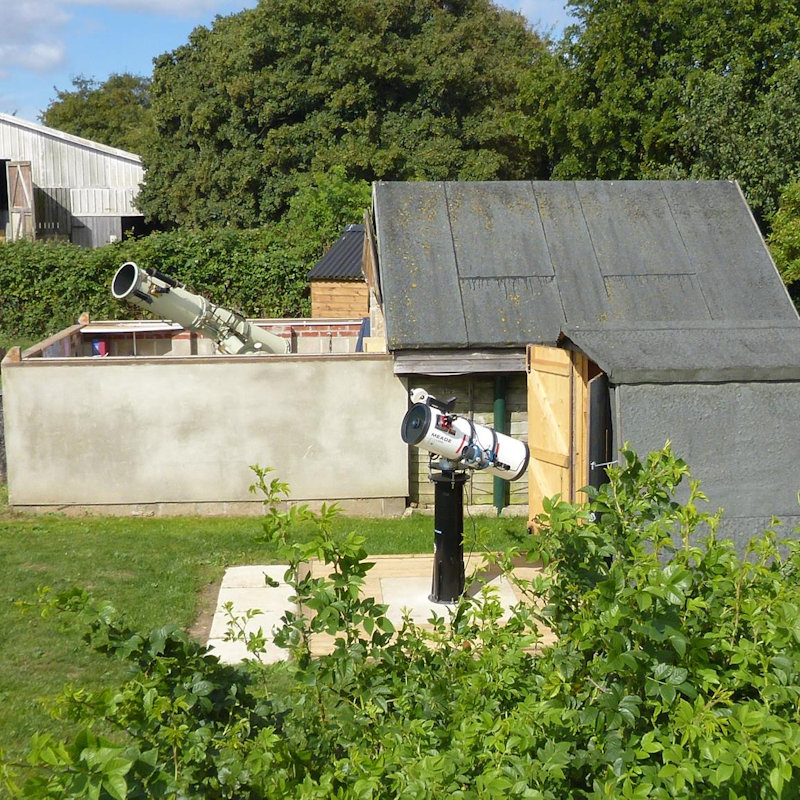
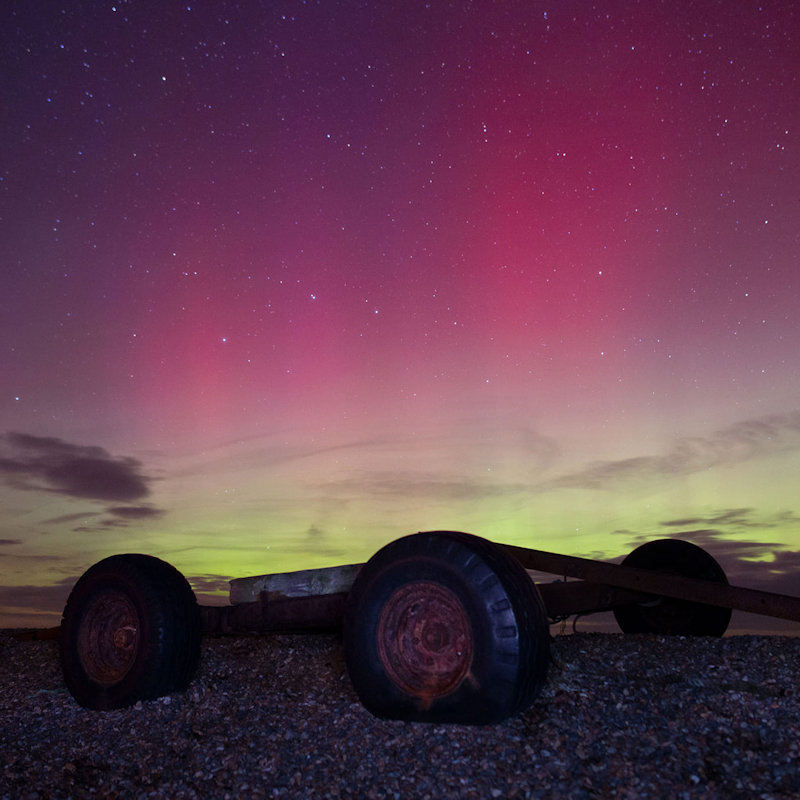
Small group interested in Astronomy. Some members have their own telescopes, but these are not essential as the Society has its own equipment and use of their own observatory at Wiveton. They arrange introduction to astronomy courses and guest speaker evenings, held at various locations. They also arrange special viewing nights for events such as meteor showers, comets or eclipses.
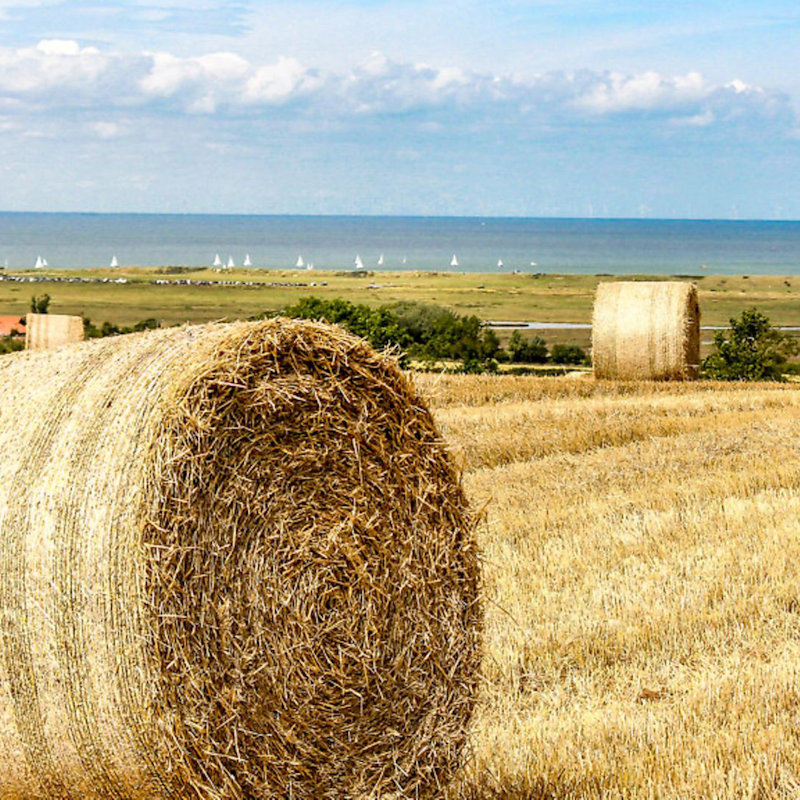
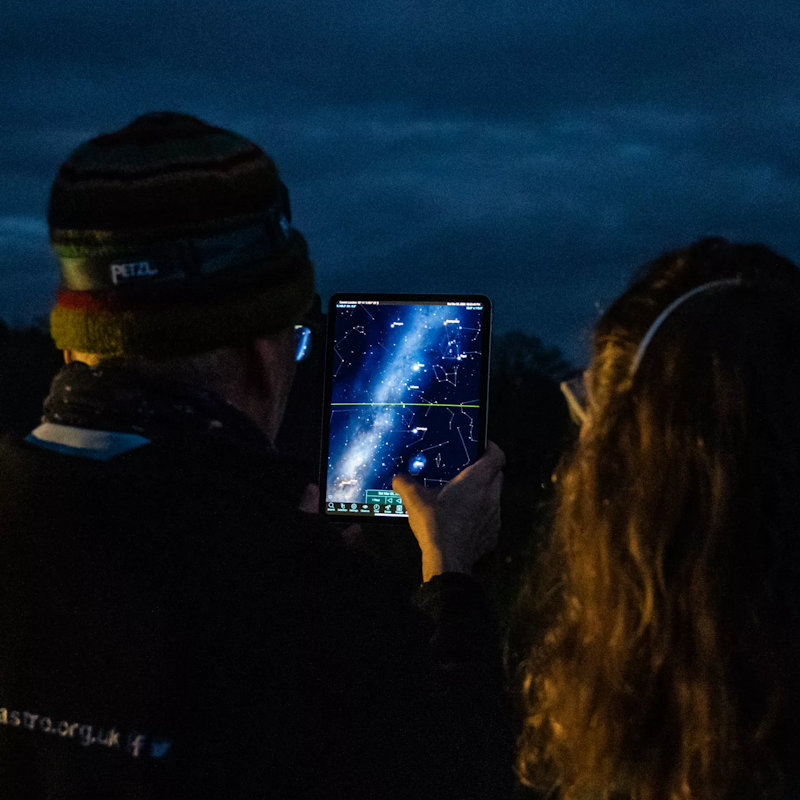
Barrow Common is a remote, nature-rich wildlife area of common land just South of Brancaster Staithe. It has a couple of off road car-parking spaces which make it an ideal location to explore the fantastic dark skies above. Barrow Common was awarded Dark Sky Discovery Site status in September 2019. This very dark, elevated, heathland site has very good site lines and a spectacular 180° view of the north horizon.
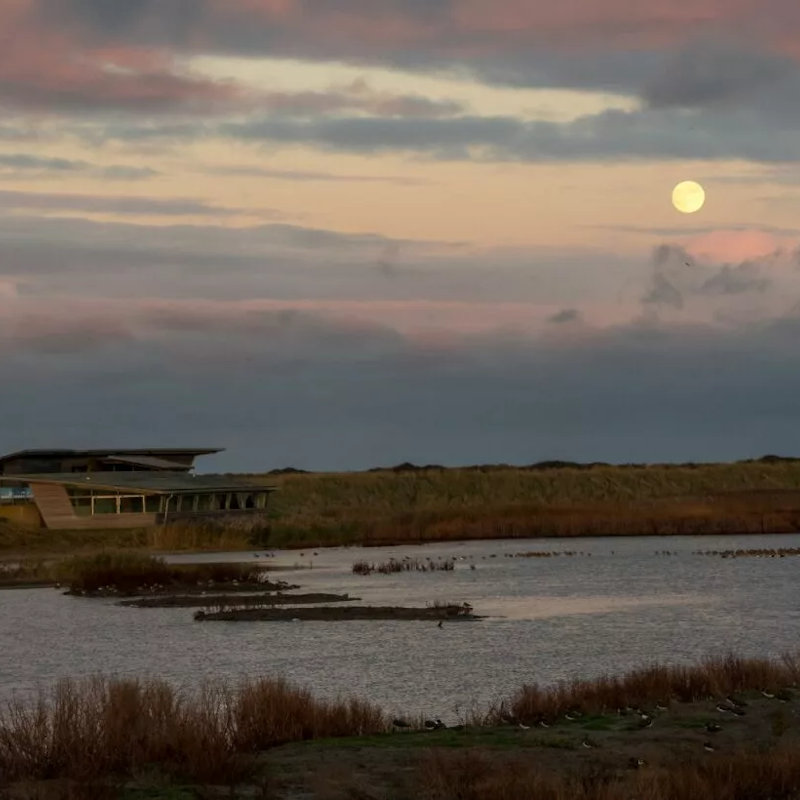
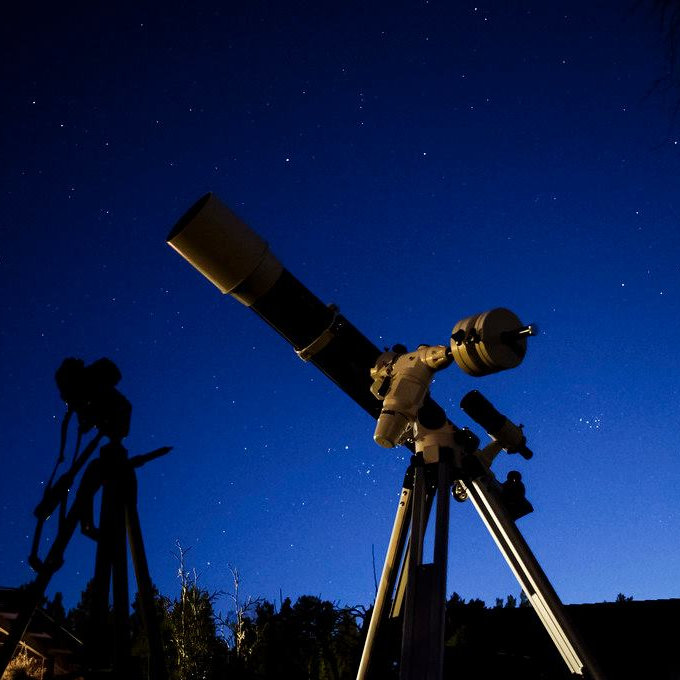
Located on the north coast of Norfolk, between the villages of Titchwell and Thornham, a magical place to enjoy some stargazing. RSPB Titchwell Marsh Nature Reserve is a very dark site on a raised embankment, surrounded by wetland habitat, with impressive 360° views of the horizon. There are regular evening sessions for the public to learn how to spot constellations, planets and much more. There's also a wide sandy beach here, which offers extensive views across The Wash.
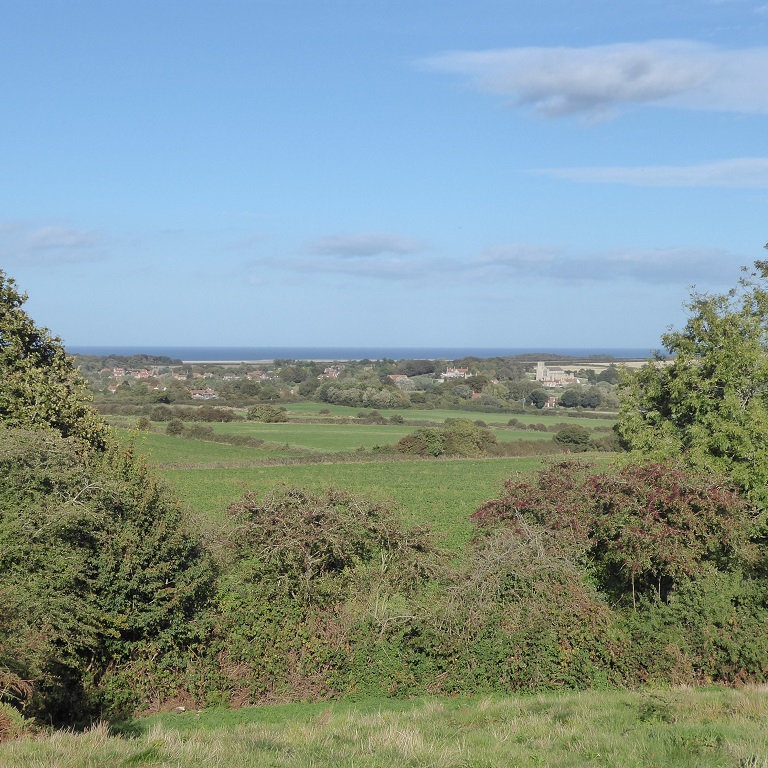
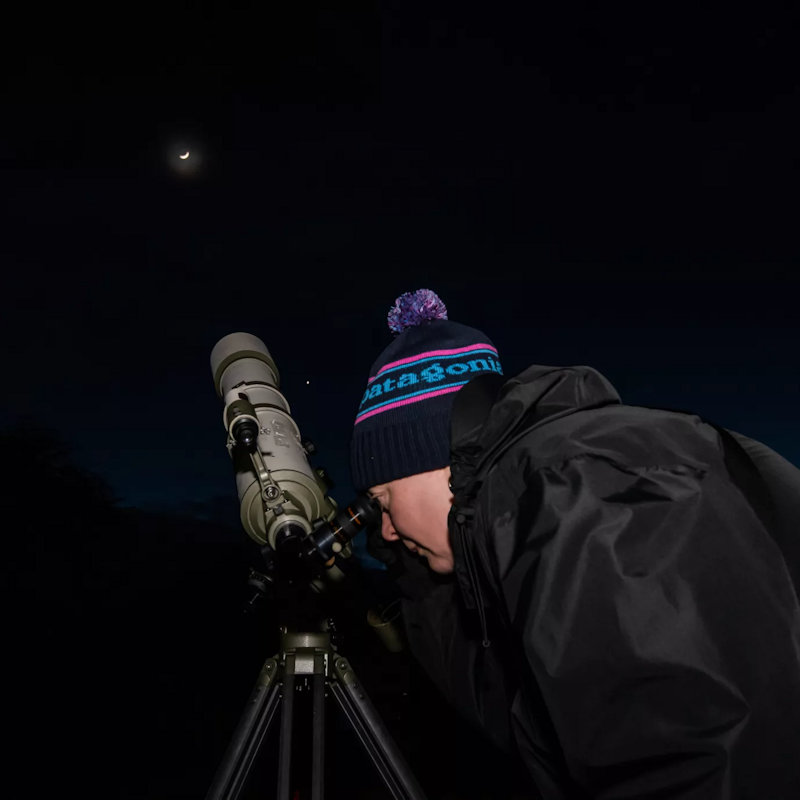
This elevated heathland site is recognised both as a site of special scientific interest and also for its dark skies. Identified by the Norfolk Coast AONB as a Dark Sky Discovery site.
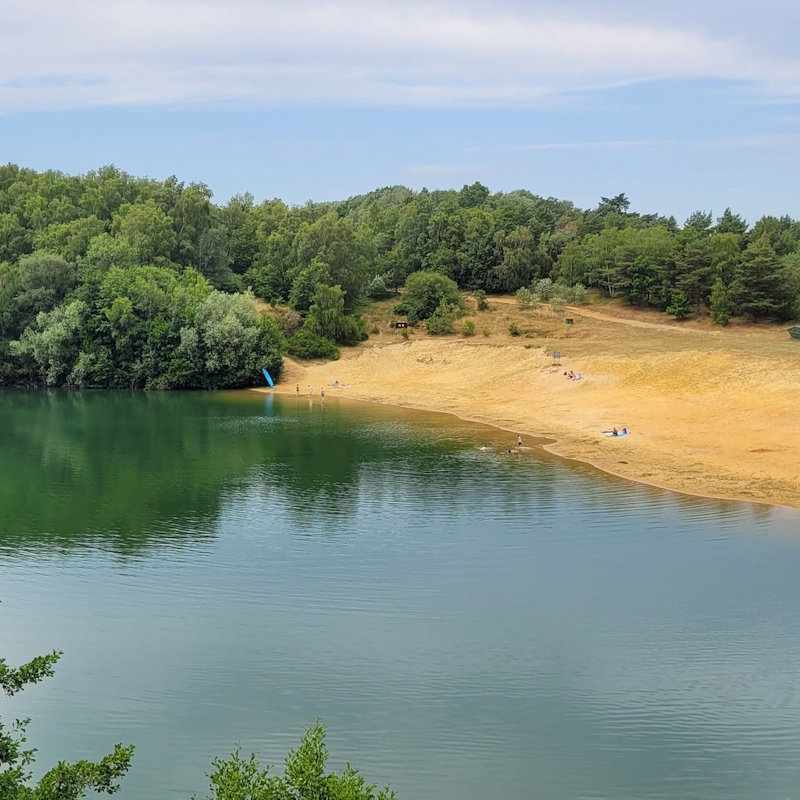
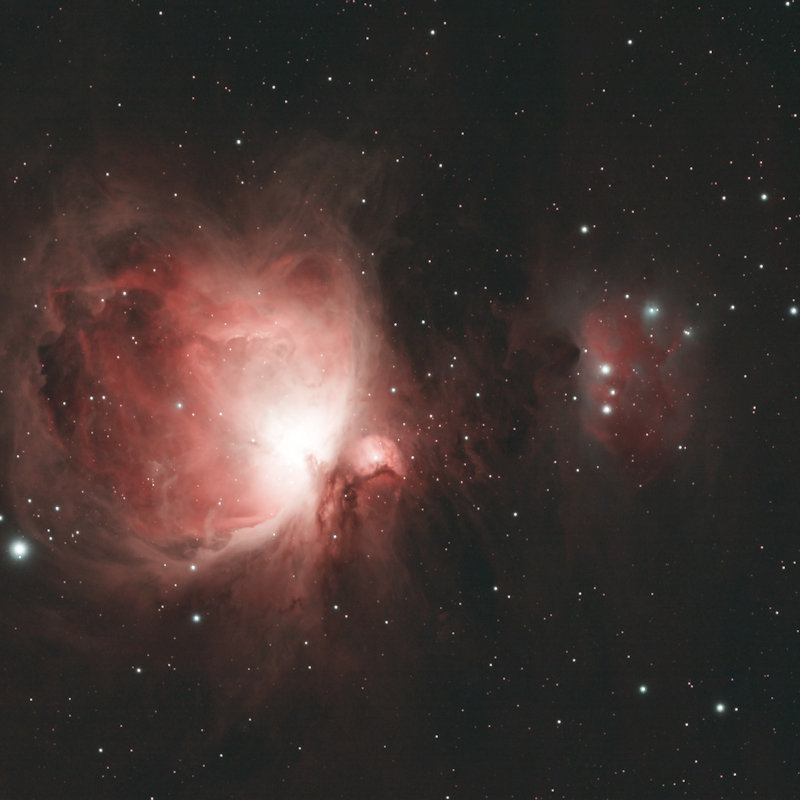
On the outskirts of King's Lynn offering respite from local light pollution and a fantastic place to stargaze. The site is accessible to the public overnight, and a small parking charge applies. The venue hosts stargazing events in collaboration with the King's Lynn & District Astronomy Society.
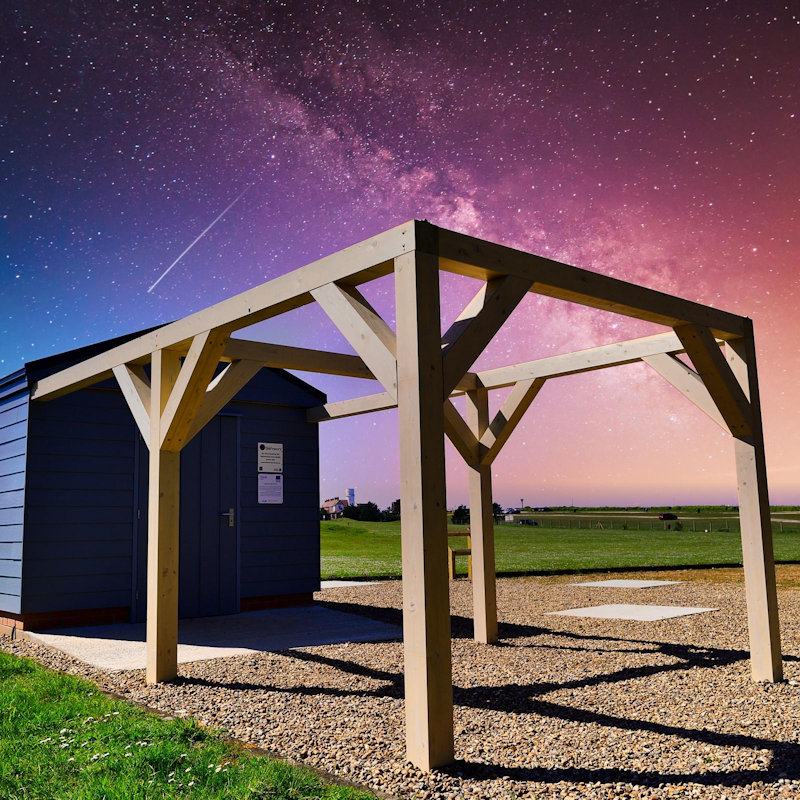
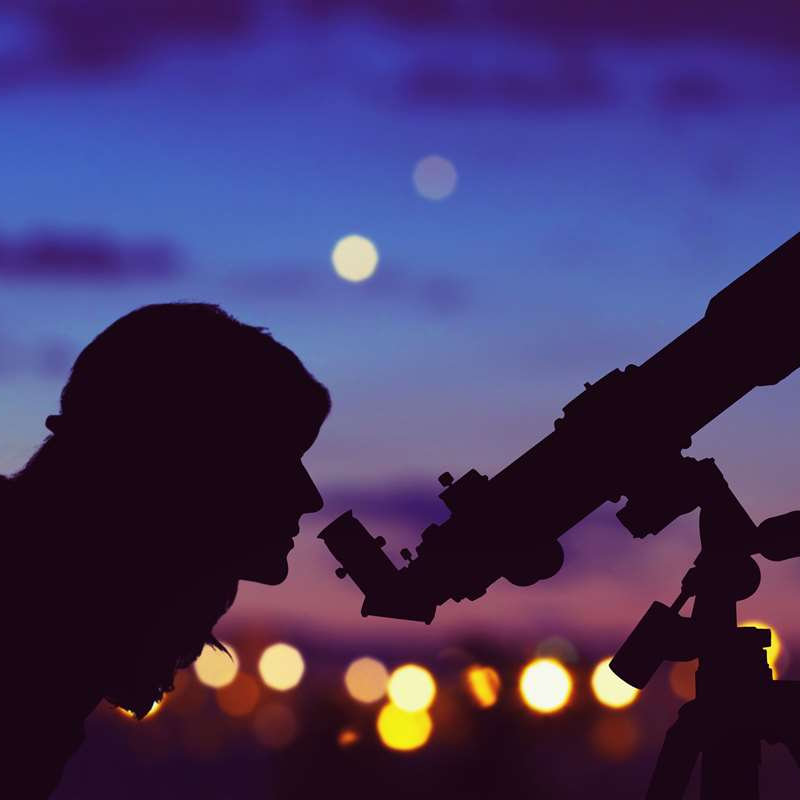
Opened in April 2023, the Hunstanton Observatory offers a fantastic resource for the local community.
Complete with a roll-off roof and pads for setting up telescopes, the observatory will provide a venue for stargazing events enabling people to explore the incredible dark skies above the Norfolk Coast AONB.
The observatory can be used during the daytime for wildlife observation and solar viewing. If the skies are cloudy, a presentation screen can be used for talks and virtual night sky tours.
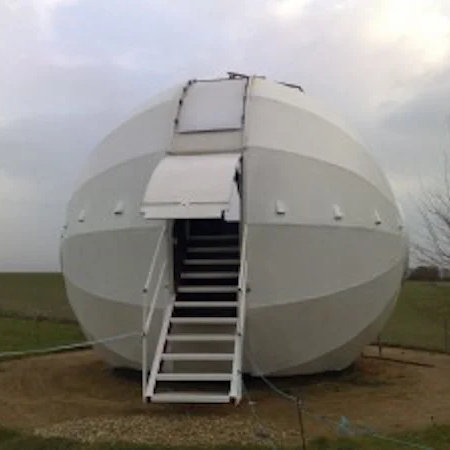
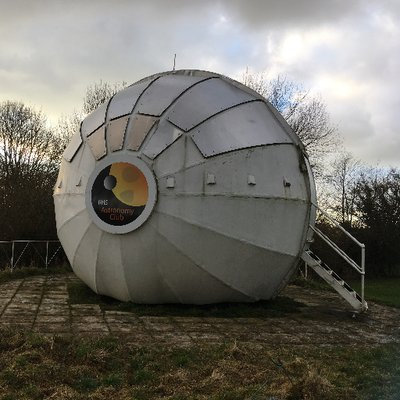
Located on the grounds of Reepham High School and is primarily used for teaching and student projects. The observatory is also frequently opened to the public who can observe through the huge 30″ aperture reflecting telescope - one of the largest in the country.
We have an excellent selection of maps, guide books and other information in Deepdale Visitor Information Centre. But if you'd like to get copies before you visit us, here are some of our star gazing, northern lights and moon gazing related favourites for sale online. You can see our full bookshop here.
2025 Guide to the Night Sky: A month-by-month guide to exploring the skies above Britain and Ireland
National Trust: Out and About Sky Explorer: A Children's Guide to Clouds, Constellations and Other Amazing Things to Spot in the Sky
Signposts to the Stars: An Absolute Beginner's Guide to Learning the Night Sky and Exploring the Constellations
Currently no events, check back soon. See our events database for more North Norfolk events.